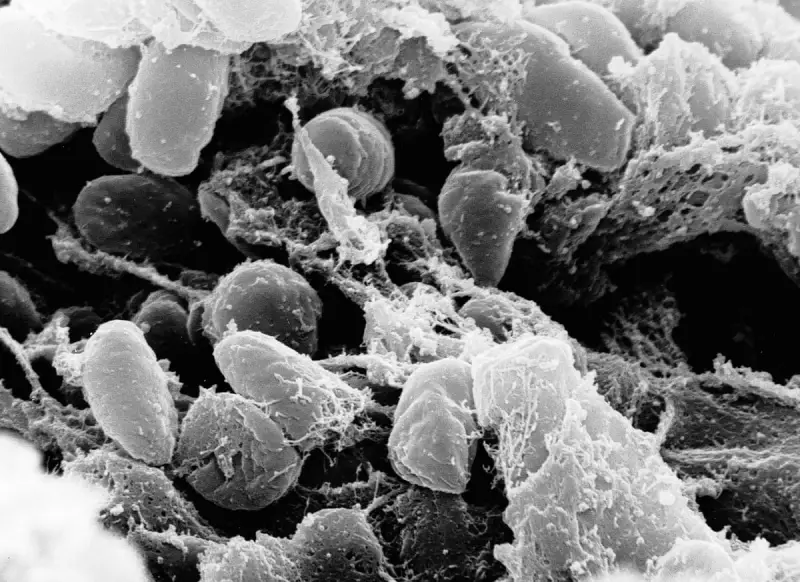
Health officials in California have confirmed a rare case of human plague in a resident of South Lake Tahoe, marking the state's first reported instance of the disease this year. The individual began experiencing symptoms after walking their dog in areas where infected rodents may be present.
The El Dorado County health department is working closely with the California Department of Public Health and CDC to investigate potential exposure sources. While plague is rare in humans, it remains endemic in certain rodent populations in the western United States.
What We Know About the Case
The patient is currently receiving medical treatment and recovering under professional care. Health authorities have not released additional personal details to protect privacy but confirm the individual had recent outdoor exposure in the Tahoe area.
Plague symptoms typically appear within one to six days after exposure and can include fever, chills, weakness, and painful swollen lymph nodes. The disease is treatable with antibiotics when detected early.
Historical Context and Risks
While the word "plague" may evoke historical pandemics, modern cases are rare and typically isolated. California reported its last human plague case in 2020, also in South Lake Tahoe. The disease circulates naturally among ground squirrels, chipmunks, and other wild rodents.
Health officials emphasize that the risk to the general public remains low. However, residents and visitors to the area should take precautions by avoiding contact with wild rodents and their fleas. Pets should also be protected with flea control products and kept away from rodent habitats.
Precautionary Measures Recommended
Local health authorities have issued guidance for area residents:
- Avoid contact with wild rodents, including sick, injured, or dead animals
- Do not feed rodents in picnic or campground areas
- Keep pets on leashes and use veterinarian-approved flea control
- Wear insect repellent when outdoors to reduce flea exposure
- Store food and trash in rodent-proof containers
This developing story continues to be monitored by public health officials who will provide updates as more information becomes available.





